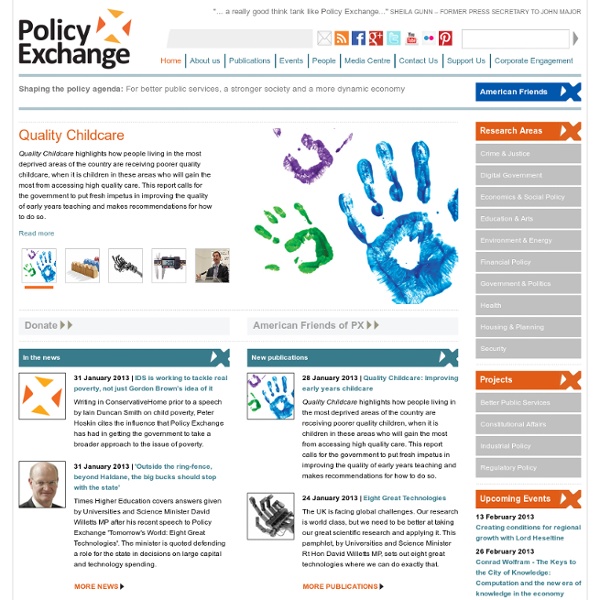



Integreat Plus | Growing people’s skills to make great places Community development worker job profile | Prospects.ac.uk Community development workers help communities to bring about social change and improve the quality of life in their local area. They work with individuals, families and whole communities to empower them to: identify their assets, needs, opportunities, rights and responsibilities;plan what they want to achieve and take appropriate action;develop activities and services to generate aspiration and confidence. A community development worker often acts as a link between communities and a range of other local authority and voluntary sector providers, such as the police, social workers and teachers. They are frequently involved in addressing inequality, and projects often target communities perceived to be culturally, economically or geographically disadvantaged. Responsibilities A good deal of the work is project based, which means that community development workers usually have a specific geographical community or social group on which to focus. Tasks often involve: Salary Working hours Skills
Community worker: job description What does a community worker do? Typical employers | Qualifications and training | Key skills Community workers help those who are marginalised and excluded from society to change their situation and tackle the problems that face their community. working with community groups providing a range of activities identifying and building on communities’ assets and capacities helping communities to share knowledge and resources effectively setting up new services by liaison with interested groups recruiting and training paid and voluntary staff attending meetings and presenting verbal and written reports managing finance and payroll making funding applications facilitating self-help in the community Local travel can be a regular feature of the job, although overseas travel is rare. The job of a community worker can require regular unsocial hours including evenings and weekends. Typical employers of community workers Community work organisations and agencies include:
Community development worker job information Page Content Community development worker Hours37 per weekStarting salary£15,000 + per year Community development workers help people to improve the quality of life in their local area. If you can build good relationships with people, and you believe in the advantages of having a strong community, this job could suit you. In this job you would need to communicate well and be a good listener. To get into this type of work you would usually need experience in the voluntary sector or a job connected with the community. WorkDesc Work activities You would work closely with individuals, families and groups in socially or financially deprived areas. Your work would typically include: You might address a wide range of issues in the community, such as improving local facilities, leisure and housing, and reducing anti-social behaviour. HoursDesc Working hours and conditions In a typical full-time job you would work around 37 hours a week. IncomeDesc Income Public sector posts have national pay scales. Do-it